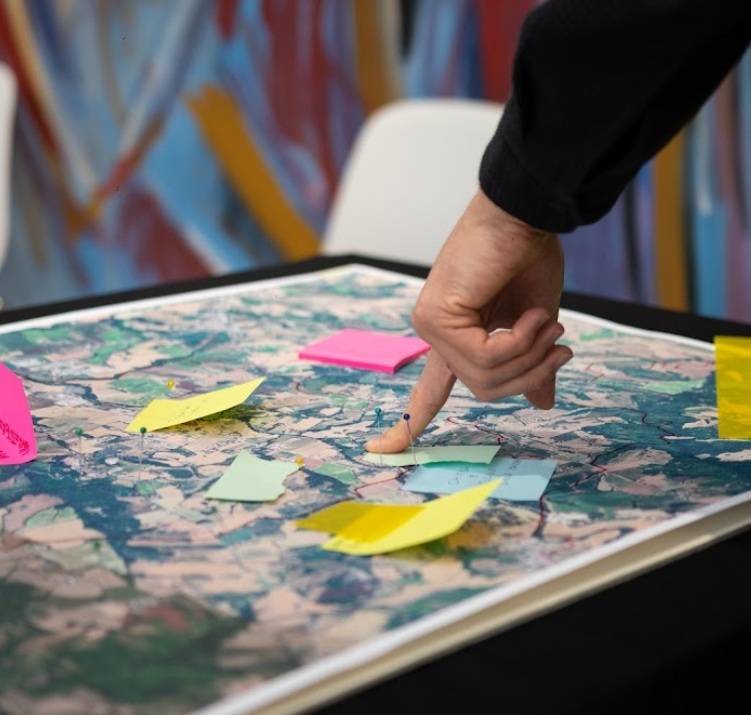
Cultural tourism is emerging in rural areas as an exciting opportunity for economic revitalization and socio-cultural regeneration. Visitors are mainly interested in having authentic, grass-rooted experiences and discoveringhistorical heritage, local traditions, food and creative arts, while enjoying unique natural sites. This opens new challenges around the need to value cultural and natural resources in these territories to make them attractive, while preserving rural identities and ensuring sustainable experiences for tourists. In front of such new rural landscape dynamics, a visionary planning and responsible, integrated land and heritage management are required for preserving ecological balance, protecting local heritage, and prioritizing community needs, while increasing regional income in rural destinations. Landscape observatories represent a strategic, valuable tool to facilitatecontinuous monitoring of landscapes and enabling both institutional and community-based practices for landscape planning and management, as well as for sustainable cultural tourism development.
This contribution presents a participatory cultural mapping workshop carried out in six small historical villages in the province of Macerata (Marche region, Italy), as part of the activities of the landscape observatory of the FiastraValley. The overall aim of the workshop was to identify and map cultural and natural resources recognized as relevant for the local identity and as potential tourism attractions. By following a product-based approach, the cultural tourism types they can foster have been framed. Such place-based activity provides a frame of the existing tangible and intangible cultural assets, and a community-shared narrative about the place’s identity, which can inform more sustainable, careful and respectful heritage-based planning processes.
The results of the participatory workshop have strengthened the idea that framing cultural tourism is primarily a local community affair, which requires the engagement of stakeholders and inhabitants to ensure a more integrated cultural tourism development and management. In this perspective, the study has also confirmed the pivotal role that local landscape observatories can play as support decision instrument, connecting decision-makers, practitioners, civil society, researchers, and the economic sector towards a more sustainable landscape planning.
